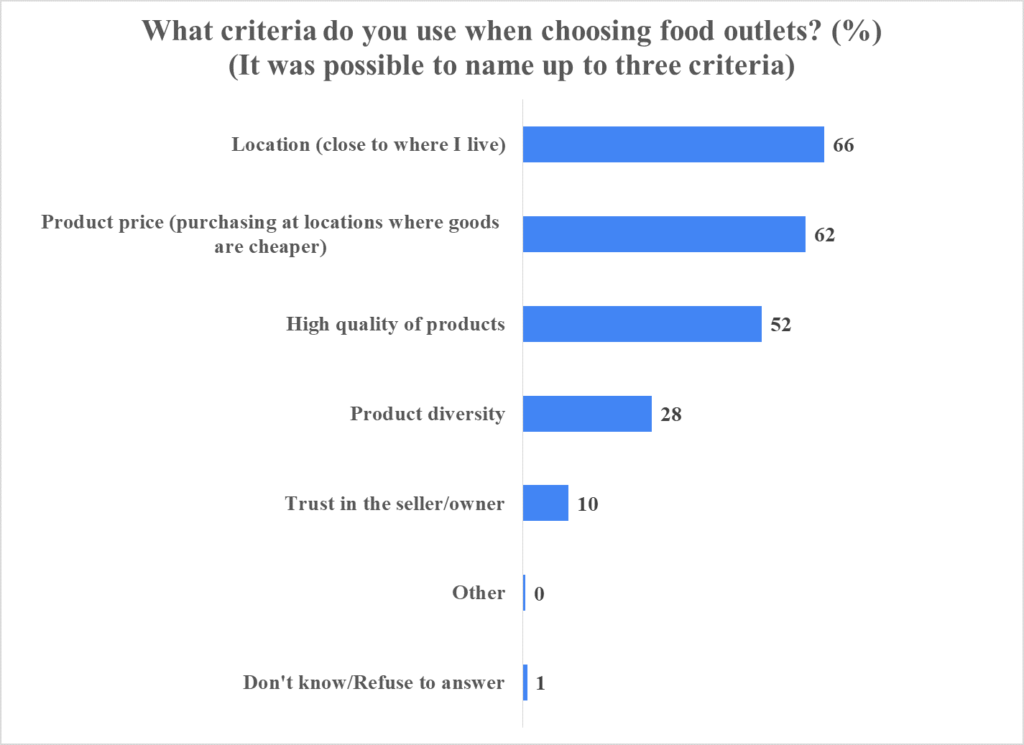The OSCE has recently released a new discussion paper entitled, “Islamic and Ethnic Identities in Azerbaijan: Emerging Trends and Tensions“(in PDF format).
In the paper, Hema Kotecha, aims to analyze sources of instability in Azerbaijan emanating from Islamic and ethnic groups. Overall, the report provides a decent overview of many of the main ethnic and Islamic identities now prevalent in Azerbaijan and gives some description of how they interact with the Azerbaijani state; the report does better with the ethnic identities than it does with the religious ones. However, the report aptly notes the difficult of disentangling these various identities and the author often struggles to succinctly summarize the relationships between the various groups.
The report also gives some interesting statistics. For instance, the author notes that in one survey, “83% of respondents considered the religious affiliation of a marriage partner to be important. Yet the total number of respondents who identified themselves as ‘religious’ (dine inananlar) and ‘devout’ (dindarlar) is lower, 78.3%, indicating that those who are simply ‘respectful towards religion,’ ‘atheist,’ or neither, religious identity is an important factor” (Kotecha 2007: 3). But the scholar fails to meet basic academic standards of documentation by not naming the survey from which these statistics came from or what kind of sample was involved when these data were collected.
Indeed, the report highlights the continued role of anecdotal evidence in research in Azerbaijan and raises the need for more comprehensive survey data. The paper also raises the problem of of interviewing local elites and claiming they represent the population as a whole. Local elites in places like Zaqatala or Khachmaz are certainly not the Baku intelligentsia, however, they may not represent people who do not take part at all in local politics or civil society.
The problems in both interviewing and quantitative data collection show the need of having researchers who invest in the long term. Most of the religious developments in Azerbaijan will not easily be understood by people who have not invested considerable time and resources–often years–and this kind of investment is rarely undertaken by outside consultants.









